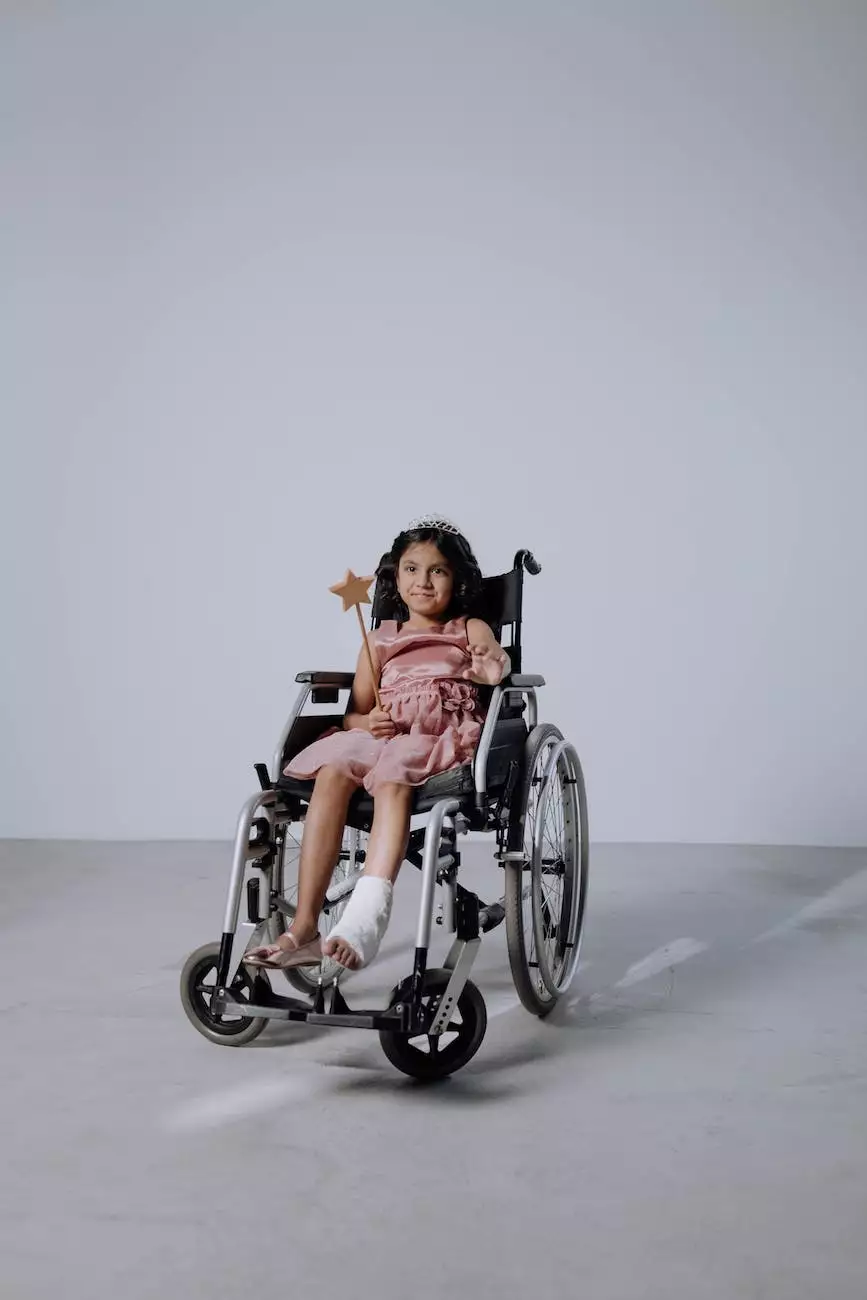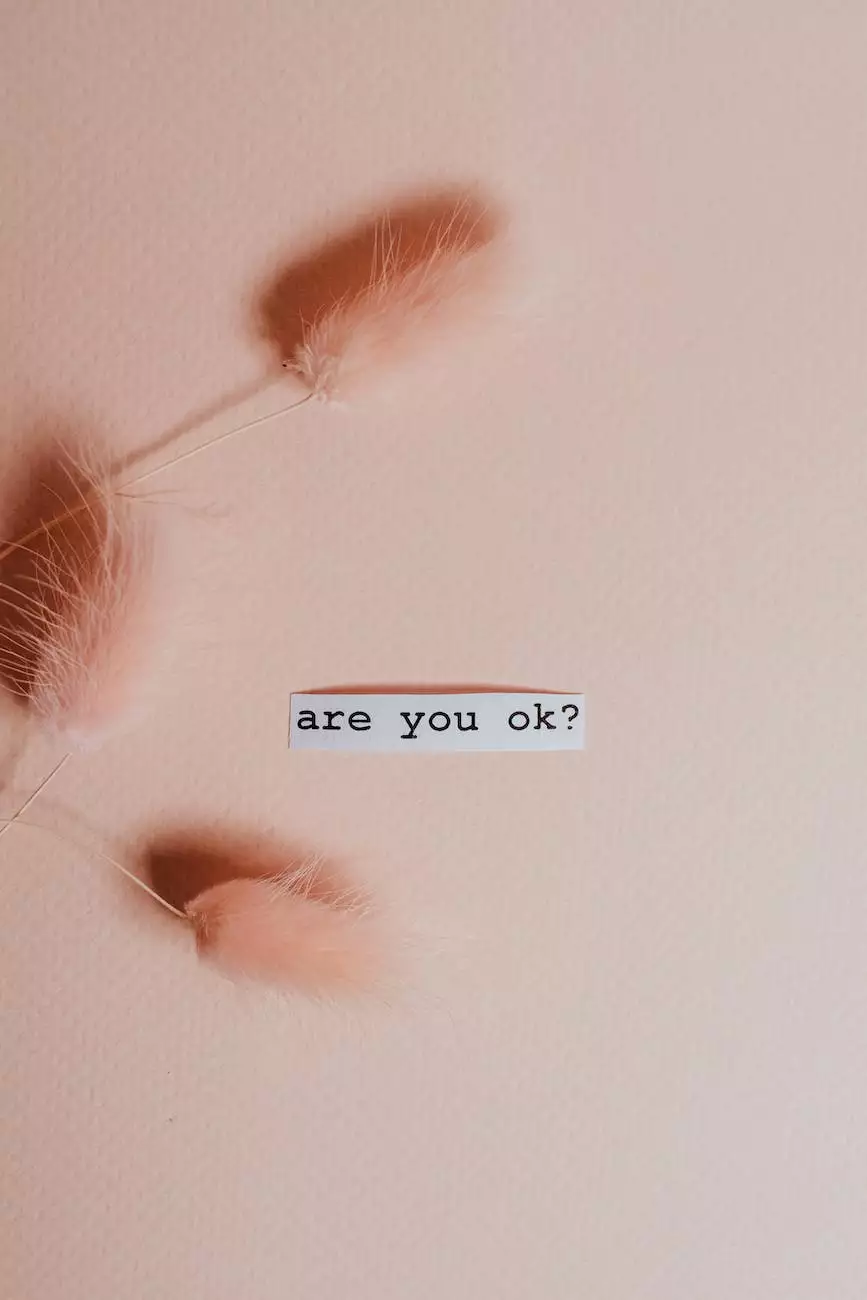Preventing the Spread of Pink Eye - Tips for Parents and Caregivers
Health
Introduction
Welcome to the informative guide on preventing the spread of pink eye, specifically tailored for parents and caregivers. In this comprehensive article, Kelley Tim PA-C, your trusted healthcare provider, will provide you with expert tips and guidelines to ensure the health and well-being of your children.
Understanding Pink Eye
Pink eye, or conjunctivitis, is a common eye condition that causes inflammation of the conjunctiva, the clear tissue covering the front of the eye. It can be caused by various factors, including viruses, bacteria, allergens, or irritants.
Symptoms of pink eye may include:
- Redness in the white of the eye
- Itchy or burning sensation
- Excessive tearing
- Thick, yellow discharge that crusts overnight
Prevention Tips for Parents and Caregivers
1. Maintain Good Hygiene
Proper hygiene practices play a crucial role in preventing the spread of pink eye. Teach your children to:
- Wash their hands frequently with soap and warm water for at least 20 seconds
- Avoid touching their eyes, especially if they have been in contact with someone who has pink eye
- Use clean towels, washcloths, and tissues, and avoid sharing personal items with others
2. Teach Respiratory Etiquette
Remind your children to follow good respiratory etiquette, such as:
- Covering their nose and mouth with a tissue or their elbow when coughing or sneezing
- Disposing of used tissues properly
- Avoiding close contact with individuals who have respiratory infections
3. Promote Eye Health
Avoiding eye irritation can help prevent the development and spread of pink eye. Encourage your children to:
- Avoid rubbing or touching their eyes excessively
- Remove any potential irritants, such as dust or allergens, from their surroundings
- Wear protective eyewear when engaging in activities that may pose a risk of eye injury
4. Maintain Clean Living Spaces
Regular cleaning and disinfection of frequently touched surfaces can aid in preventing the transmission of pink eye. Focus on:
- Regularly wiping down surfaces in the home, such as countertops, doorknobs, and light switches
- Dusting and vacuuming frequently to minimize the presence of allergens or irritants
- Washing bedding, towels, and stuffed toys in hot water regularly
5. Practice Safe Contact Lens Use
If your child wears contact lenses, ensure they follow proper hygiene and care practices. Teach them to:
- Wash their hands before handling contact lenses
- Clean and disinfect their lenses as recommended by their eye care professional
- Avoid sleeping or swimming with contact lenses, as it increases the risk of infections like pink eye
When to Seek Medical Attention
While prevention is key, it's important to know when to seek medical attention for pink eye. Contact Kelley Tim PA-C if:
- The symptoms worsen or persist beyond a few days
- Your child experiences severe eye pain or vision changes
- There is pus-like discharge or crusting on the eyelids
Conclusion
By following these expert tips and guidelines, you can actively contribute to preventing the spread of pink eye among children. Remember, proper hygiene, respiratory etiquette, and eye health practices are fundamental in maintaining the well-being of your loved ones. For any concerns or questions, don't hesitate to reach out to Kelley Tim PA-C, your trusted healthcare provider specializing in child eye care.
With your commitment to implementing these preventive measures, you are ensuring a healthier future for your children.










